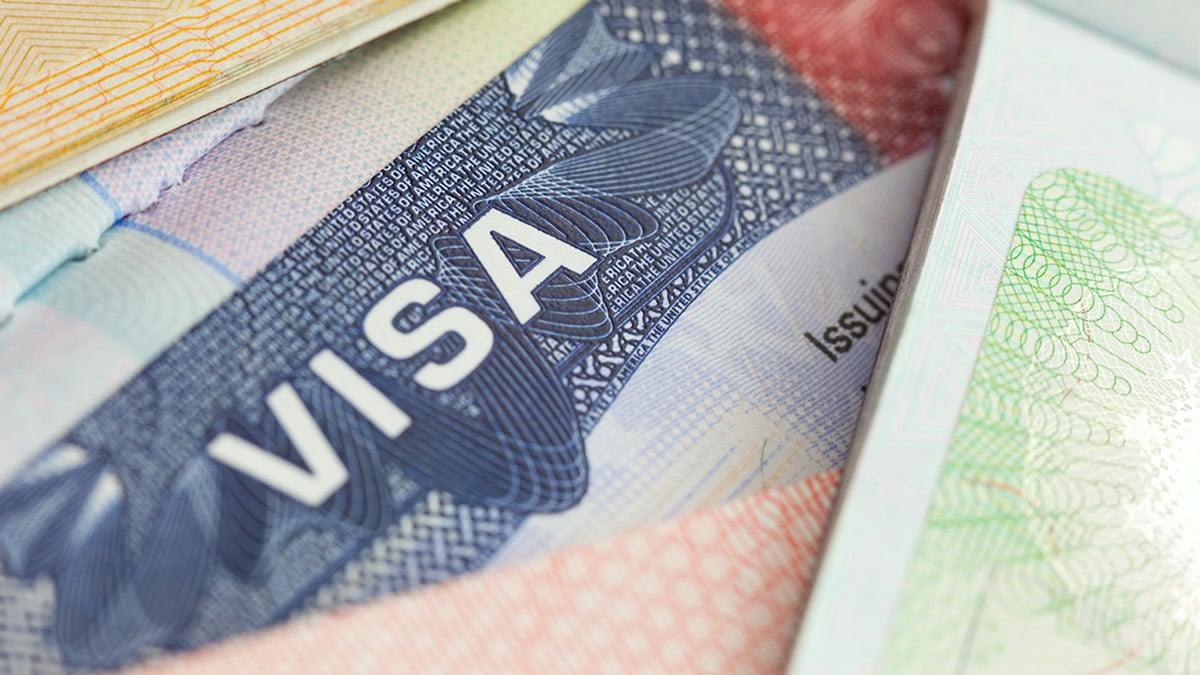
U.S. Embassy Requires Indian Student Visa Applicants to Make Social Media Accounts Public
In a significant change affecting thousands of Indian students and exchange visitors each year, the U.S. Embassy in India has introduced a new requirement for all F, M, and J visa applicants: make your social media accounts public during the visa application process.
The directive, which takes immediate effect, applies to all non-immigrant visa seekers under the F category (students), M category (vocational students), and J category (exchange visitors). This policy requires applicants to ensure that their social media profiles are accessible to U.S. consular officers for identity verification and security screening purposes.
“This change is necessary to facilitate vetting and to establish the identity and admissibility of visa applicants to the United States under U.S. law,” the U.S. Embassy stated in a post on X (formerly Twitter), adding that making social media accounts public allows them to conduct thorough background checks as part of the national security process.
What the New Rule Means
Previously, applicants were required to disclose their social media handles when applying for a U.S. visa, but were not obligated to make those accounts publicly visible. Now, under this updated policy, consular officers must be able to view the content posted on these platforms without requesting login information or additional permissions.
This includes popular platforms such as:
- Twitter (X)
- YouTube
- TikTok
- Snapchat (if applicable)
The embassy clarified that private accounts or accounts that cannot be verified may delay or negatively impact the outcome of the visa process.
Impact on Indian Students and Exchange Visitors
This announcement comes at a time when record numbers of Indian students are preparing to study in the United States. In 2024 alone, over 260,000 Indian students were enrolled in American institutions, making India the largest source of international students for U.S. universities.
The J-visa is also widely used by Indian professionals and researchers participating in cultural or academic exchange programs, while M-visas are common among those attending technical or vocational schools.
Many student applicants expressed concern over how this may affect digital privacy, with questions arising about what kind of content could raise red flags during visa vetting.
However, U.S. officials maintain that the measure is designed strictly to enhance security and transparency and does not require applicants to provide passwords or change their privacy settings permanently after the visa decision is made.
U.S. Visa Processing and National Security
The new rule is part of a broader U.S. policy to strengthen visa vetting procedures globally, especially in light of security threats and identity fraud. Social media activity has increasingly become a tool for immigration officers to detect inconsistencies, affiliations, or behavior that may conflict with U.S. immigration law or public safety standards.
An official from the U.S. Department of State added in a press briefing, “Our goal is to ensure that people who are coming to the United States do so lawfully and with full transparency. Social media is now a core part of someone’s digital identity. We want to make sure that we have a complete picture.”
What Applicants Should Do Now
If you’re applying for an F, M, or J visa from India, here are the steps to comply:
- Ensure your social media profiles are set to public before your visa interview.
- Do not delete accounts or attempt to hide content—this may be seen as an attempt to misrepresent.
- Be ready to explain any content if questioned during your visa interview.
- You do not need to share passwords or give full access—just ensure public visibility.
- Once the visa process is completed, you can reset your account to private, if desired.
Mixed Reactions from the Indian Community
The policy has sparked debate among students and immigration advocates. While some argue it’s a necessary security step, others worry it could infringe on personal privacy and open the door to subjective judgment based on online activity.
Digital rights groups are urging the U.S. to clarify how the data will be used, stored, and protected, especially since it involves foreign nationals.
Bottom Line
The U.S. Embassy’s new directive marks a new chapter in the intersection of immigration policy and digital identity. For Indian students and visitors, it means being more mindful of what they share online and how it may influence their visa approval chances.
As international travel and academic migration grow, experts say we can expect more digital transparency requirements tied to visa processes—not just in the U.S., but across other countries as well.
For a consultation about Immigration options, reach out to the CAD IMMIGRATION today!





